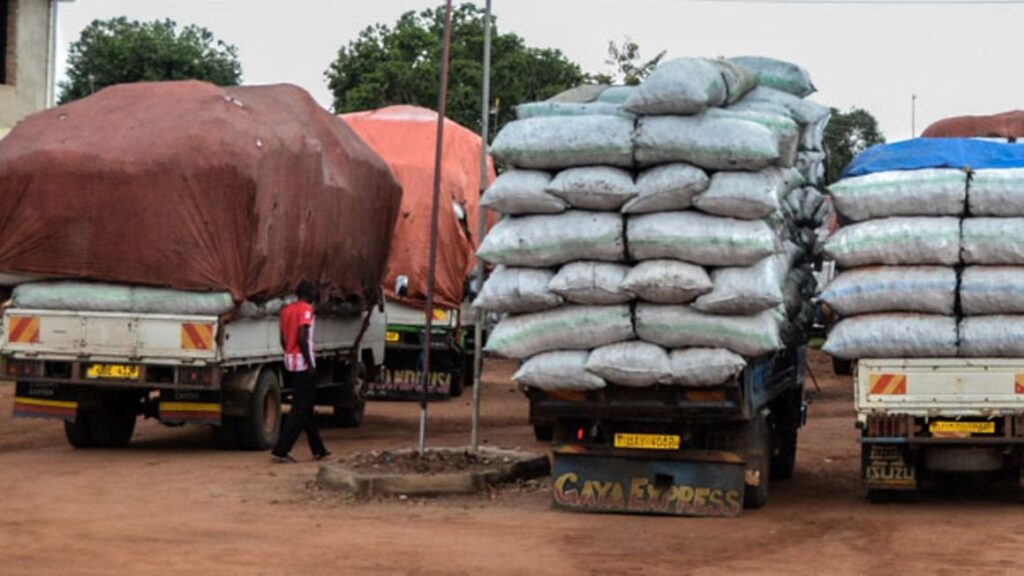By Agness Agilo, News Editor, Radio Wa
Despite a presidential executive order banning the cutting and burning of Shea nut trees for charcoal, residents of Otuke District continue to engage in the practice, fueling environmental degradation and worsening climatic conditions.
In response, district authorities have introduced a series of interventions aimed at protecting the environment and curbing the destruction of Shea nut trees, which are vital to the region’s ecological balance.
Speaking to Radio Wa FM, Francis Abola, the Otuke District LC5 Chairperson, confirmed that several measures have been put in place to address the persistent tree cutting. These include enforcing the presidential directives by establishing checkpoints in hotspot areas such as Acan Pii, Patwari and Ogwete. The checkpoints, manned by soldiers, intercept vehicles transporting charcoal, with offenders handed over to the police.
Abola further revealed that community informants have been deployed to report illegal tree cutting, leading to the arrest and imprisonment of several offenders. He added that the district has also launched tree-planting campaigns, urging each household to plant at least one tree every year—an initiative that has been well received by the community and is expected to help restore the depleted environment.
Meanwhile, Patrick Onyanga, the Otuke District Senior Environment Officer, highlighted the far-reaching consequences of deforestation. He noted that the continued cutting of trees leads to land infertility, poor crop yields, and unpredictable rainfall patterns, often manifesting as extreme droughts or excessive rainfall.
Onyanga acknowledged a recent decline in the cutting of Shea nut trees, attributing the improvement to intensified community awareness about the value of indigenous tree species. He also praised the contribution of Kijani Forestry, an NGO that has donated 100,000 tree seedlings to support the district’s afforestation campaign.
Otuke district authorities say that the combination of enforcement, surveillance, community involvement and ongoing tree planting is beginning to yield positive results. With stronger collaboration between the community and local government, leaders remain hopeful that the Shea nut tree, an iconic and economically valuable species will be preserved for future generations.
This article was first published by Radio Comnetu


Recent Comments